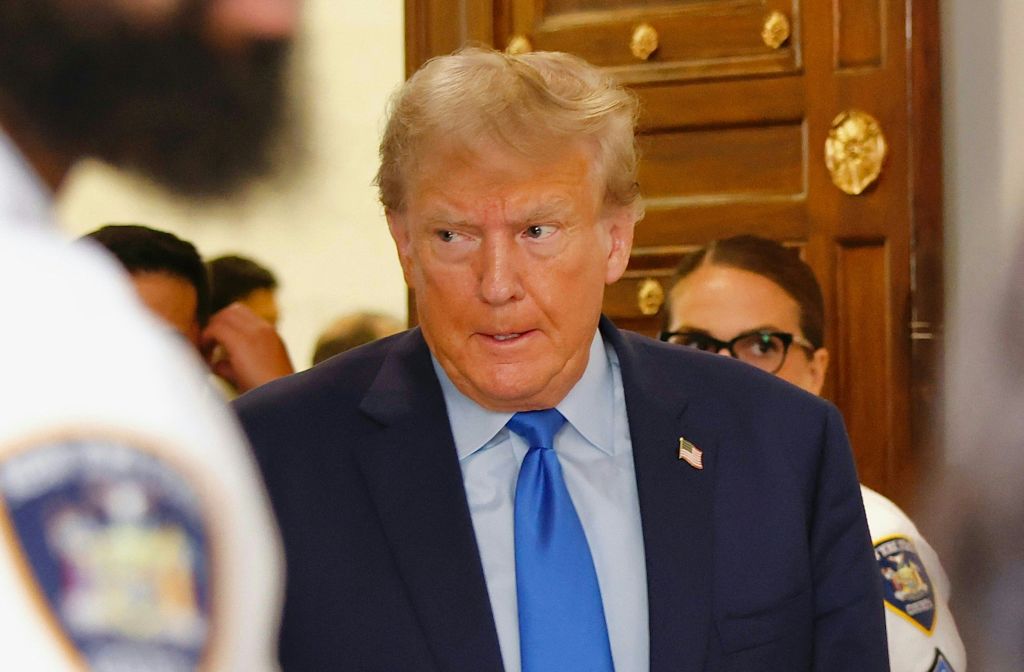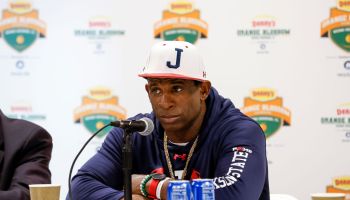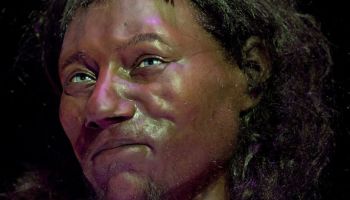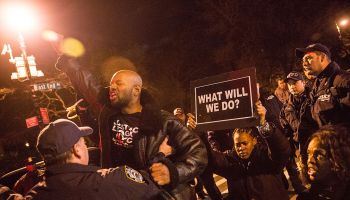Elected officials dogged by scandal and tales of corruption is not an entirely new phenomenon. From the White House on down to small cities, state and local politics has evolved into game of wits, cunning, bribes, and oftentimes deceit. The most recent charges against disgraced former Detroit Mayor Kwame Kilpatrick (pictured) – dubbed the “Hip Hop Mayor” in the press – has nearly trumped the scandals that rocked former Black mayors. Here, NewsOne looks at five fallen Black mayors in top cities across the country.
SEE ALSO: 8 Black Divas Who Died Way Too Soon
Kwame Kilpatrick, Detroit
Kilpatrick’s legal concerns are seemingly ongoing with added federal charges tacked on to an already long list of offenses. With prosecutors alleging shakedowns, backdoor deals, and fraud, Kilpatrick’s woes are far from over. Kilpatrick’s case is especially interesting because of the sheer number of individuals who were implicated to be part of the so-called “Kilpatrick Enterprise,” including family members, with the feds treating the involved not unlike a mafia crime organization.
Marion Barry, Washington, D.C.
Marion Barry will forever live in infamy for being caught on videotape using crack cocaine as part of an elaborate sting in 1990. Playing out on television sets across the country, and well before the age of the Internet and social media, the image of Barry in a state of anger and delirium has burned itself into the minds of many. However, the beleaguered Barry bounced back after serving time in prison and won the mayor’s seat for a fourth term, although he didn’t leave the office gracefully. Barry continues to be a polarizing elected official today as a city council member.
Sheila Dixon, Baltimore
When you compare Baltimore’s Shelia Dixon to the other infamous Black mayors, her troubles pale in comparison. Dixon took gift cards intended for the city’s poor residents and used them for herself. Dixon was indicted on perjury and embezzlement charges, resigning from her mayoral post as part of a plea agreement and thus saving her $83,000-per-year pension. Still, the stench of the case will always follow Dixon should she decided to run for elected office again in 2014, when she would be next eligible to do so.
Eric Brewer, East Cleveland
Eric Brewer’s troubles are also relatively tame, although no less controversial. While seeking a second term in the city of East Cleveland ahead of the 2009 primary, photos of the mayor scantily dressed in women’s lingerie and a wig hit the Internet, exploding on to gossip sites and the like. Unable to live down the shame of the moment and losing the primary bid, Brewer is now running a small restaurant in the city of Warren. Brewer owned the burden of admitting he was in the photos, although he has yet to fully address the issue.
Harold Washington, Chicago
Chicago’s beloved first Black mayor, Harold Washington, is forever immortalized by the massive downtown public library that bears his name. Washington was facing what many in the Windy City felt was a race-fueled, FBI-led investigation into the affairs of the mayor’s office. Defiant up until his death in 1987 and winning a second term in the midst of his troubles, Washington didn’t fold under heavy opposition from the city’s powerful white Democrats. While Washington was never charged with any crime, his administration was bogged down by rumors of corruption and payoffs.
On television shows, such as HBO series “The Wire” and new Showtime drama “Boss,” they both depict elected (and mostly white) officials with striking similarities to real-life mayors of major cities. Corruption and fraud are not hallmarks of Black mayors nor does it mean African-American officials are more or less complicit. However, Kilpatrick, Barry, and even Dixon have left behind tarnished legacies in their respective cities that can ill afford more bad news. For young children with aspirations to be politicians, lawmakers and the like, the fall of the Black mayor should serve as a incessant reminder that because one has power, it does not mean one should wield such power for selfish gain.
SEE ALSO:
















